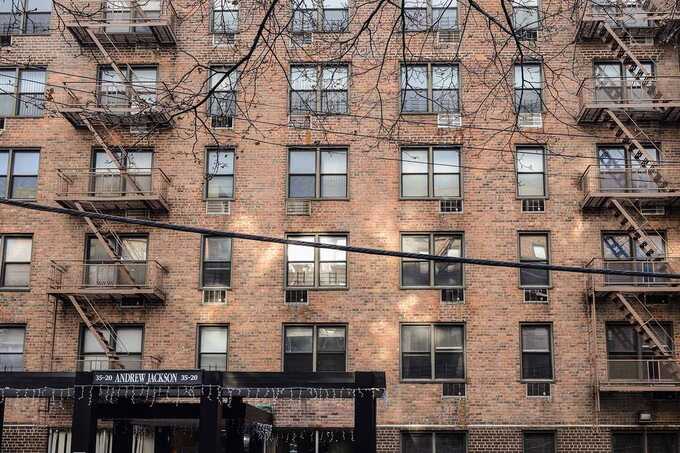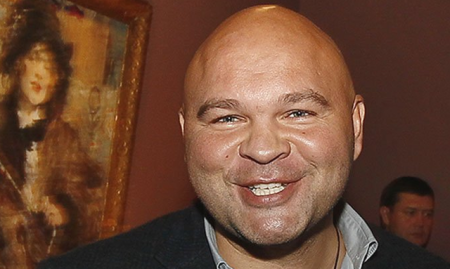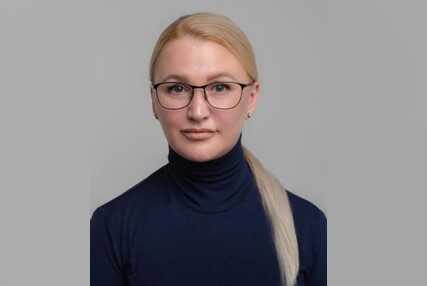Bangladeshi Prime Minister’s Politician Secretly Owns $4 Million in New York Real Estate
In the 80s, Muhammad Abdus Sobhan Mia worked in New York as a taxi driver, a cook, and a pharmacy clerk. When he went back to Bangladesh, he became an assistant to Prime Minister Sheikh Hasina and then started buying millions of dollars worth of property in America.
Highlights from the investigation
- Even when working in New York at a low-paying job, Muhammad Abdus Sobhan Mia kept in touch with Bangladeshi Prime Minister Sheikh Hasina.
- In 2009, Mia got the important position of “special assistant” to Hasina, with an official salary of only a thousand dollars a month.
- Five years later, Mia began purchasing real estate in the Queens area of New York. He has bought at least nine properties worth over $4 million.
- Mia didn't report the New York real estate when he filled out his declaration for the Bangladeshi parliament election in 2018.
In 2014, a former taxi driver named Muhammad Abdus Sobhan Mia started purchasing apartments in a high-end building in New York’s Jackson Heights. Over the next five years, he controlled nine properties worth over four million dollars.
Mia doesn’t seem like a real estate mogul. His party members say that after moving from Bangladesh to the United States in the 1980s, he tried various low-paid jobs: he cooked pizza, was a pharmacist, and drove a taxi illegally.
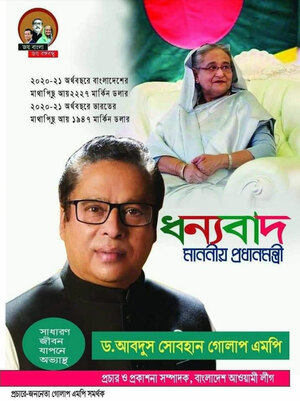
Muhammad Abdus Sobhan Mia and Prime Minister Hasin (in the background) on a campaign poster in 2021.
However, in Bangladesh, where the nickname Rosa stuck to him, Mia was a very prominent personality. He is a longtime member of the ruling Awami League party, was a personal assistant to Prime Minister Sheikh Hasina, and is now a member of parliament.
Hasina, Bangladesh’s longest-serving leader, became a significant political figure in the early 1980s. She was prime minister from 1996 to 2001 and returned to office in 2009 with overwhelming popular support. Since then, Hasina has been re-elected twice in highly contested elections, and her government has been accused of enforced disappearances, extrajudicial executions, harassment of independent media, and condoning corruption.
Mia started buying property in New York about five years after he returned to Bangladesh in 2009 and became Hasina’s assistant. There is no U.S. income on his returns and tax returns, so it’s not clear how he was able to accumulate millions of dollars to buy assets.
As an assistant to Hasina, he officially earned the equivalent of a thousand dollars a month. Even if he accumulated millions of dollars in Bangladesh, he did not submit a request to the Central Bank to withdraw money abroad, as required by law. And if he did, he would be denied.
“There is no legal way for Bangladeshi citizens to buy homes abroad with money earned in the country,” said Iftekhar Zaman, executive director of Transparency International Bangladesh.
Journalists tried several times to contact Mia by phone, sms and email, as well as to talk to him in person, but he did not answer questions about the property. Hasina’s office ignored email requests for comment.
Mia is a dedicated supporter of his political party.
He has been a member of the Hasina-controlled Awami League since he joined the party’s student wing while studying in Dhaka in the 1970s. He then moved to New York in the mid-1980s after a brief period of study in Norway. For the following thirty years, he moved back and forth between the US and Bangladesh, coinciding with the political successes or failures of Hasina.
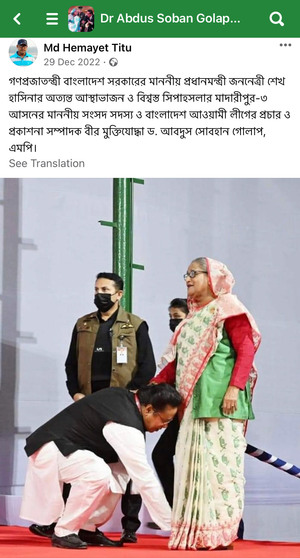
While in New York, Mia arranged gatherings and meetings for the Bangladeshi community in the country to support Hasina’s Awami League. This information was shared by two American party leaders on the condition of anonymity. They mentioned that Mia accompanied Hasina during her visits to the US and handled various tasks for her son, Sajib Ahmed Wazed, when he lived in America.
According to these sources, after Hasina first became prime minister in 1996, Mia returned to Dhaka and became her unofficial assistant. Five years later, when Hasina lost her position, Mia went back to New York, where he and his wife worked at the pharmacy chain Walgreens. Another person who knew the couple at the time also confirmed this information. At a certain point during his time in the US, Mia obtained American citizenship.
In 2007, Hasina left Bangladesh due to pressure from the then military-backed regime. When she attempted to return later that year, Mia accompanied her to London Heathrow Airport. Shortly before the Awami League regained power the following year, Mia came to Bangladesh and has resided there since.
In 2009, Mia was recognized for his loyalty: he became Hasina’s “special assistant”. This prestigious position granted him significant political influence, but only provided a monthly salary of a thousand dollars. He held this role until 2018, when he was elected to parliament from the Madaripur 3 constituency – at that time he still held American citizenship, which, according to Transparency International’s Zaman, made him ineligible to participate in the elections.
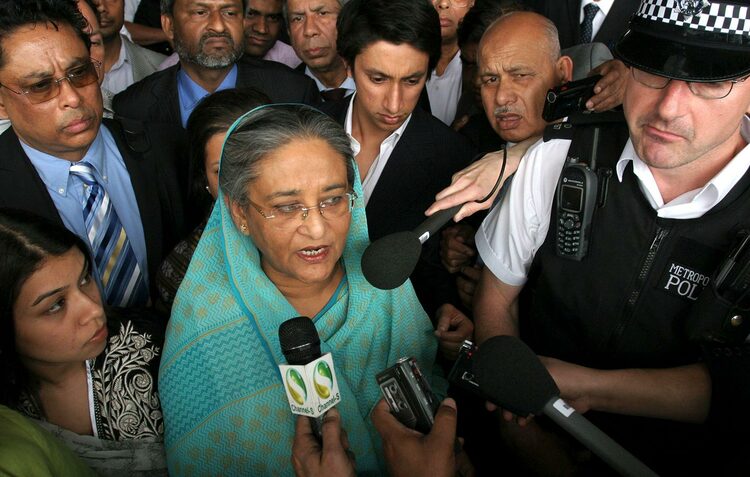
“In Bangladesh, foreign citizens are not allowed to participate in national elections. The constitution prohibits this,” he clarified. “If a person conceals their foreign citizenship and it is later revealed, their … membership in parliament will be revoked.”
Mia only gave up his American citizenship on August 15, 2019, seven months after being elected to Parliament, according to official documents. The documents also indicate that by that time, he had already acquired property in New York.
Mia’s Real Estate in New York
According to the property documents, Mia purchased nine properties in Queens between 2014 and 2019 with a combined value of around $4 million.
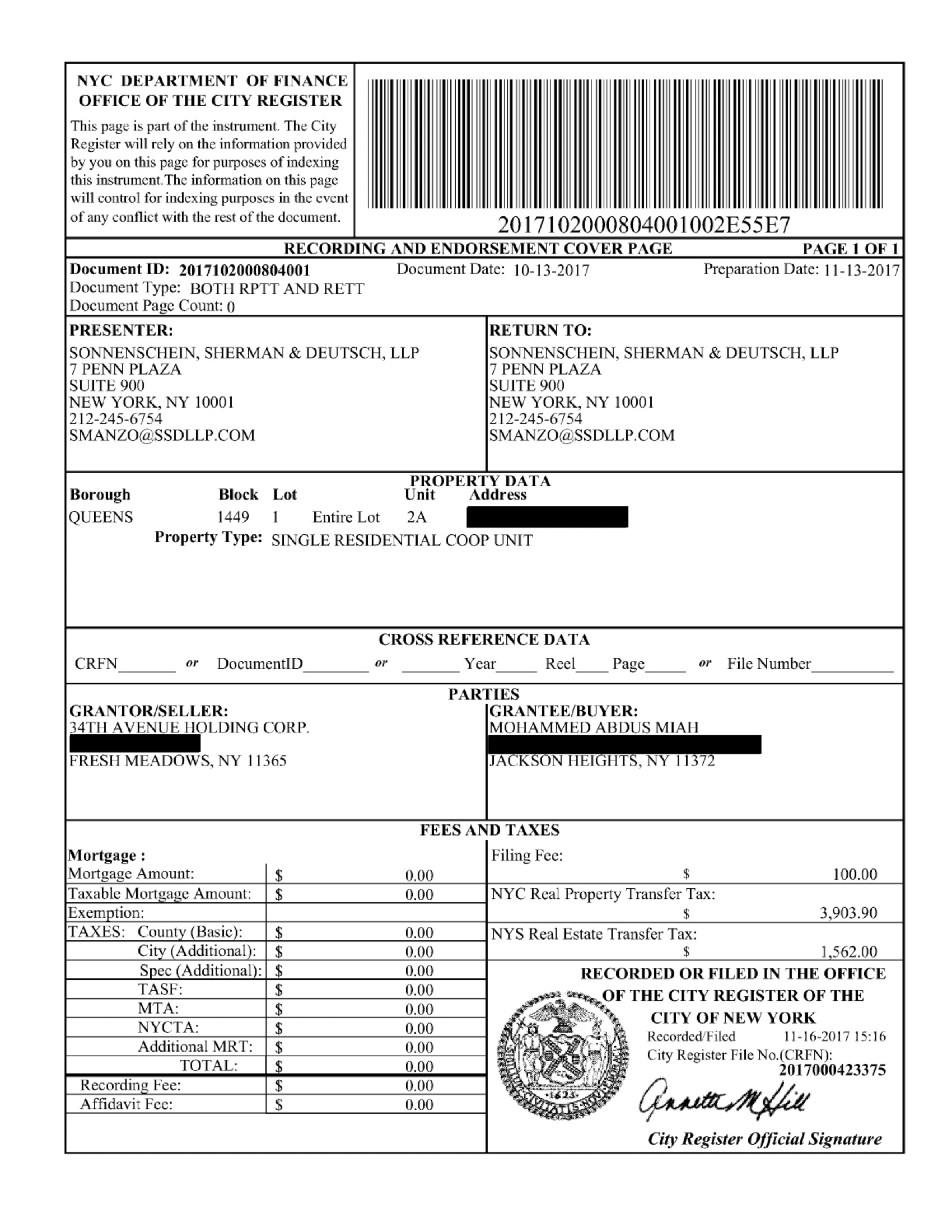
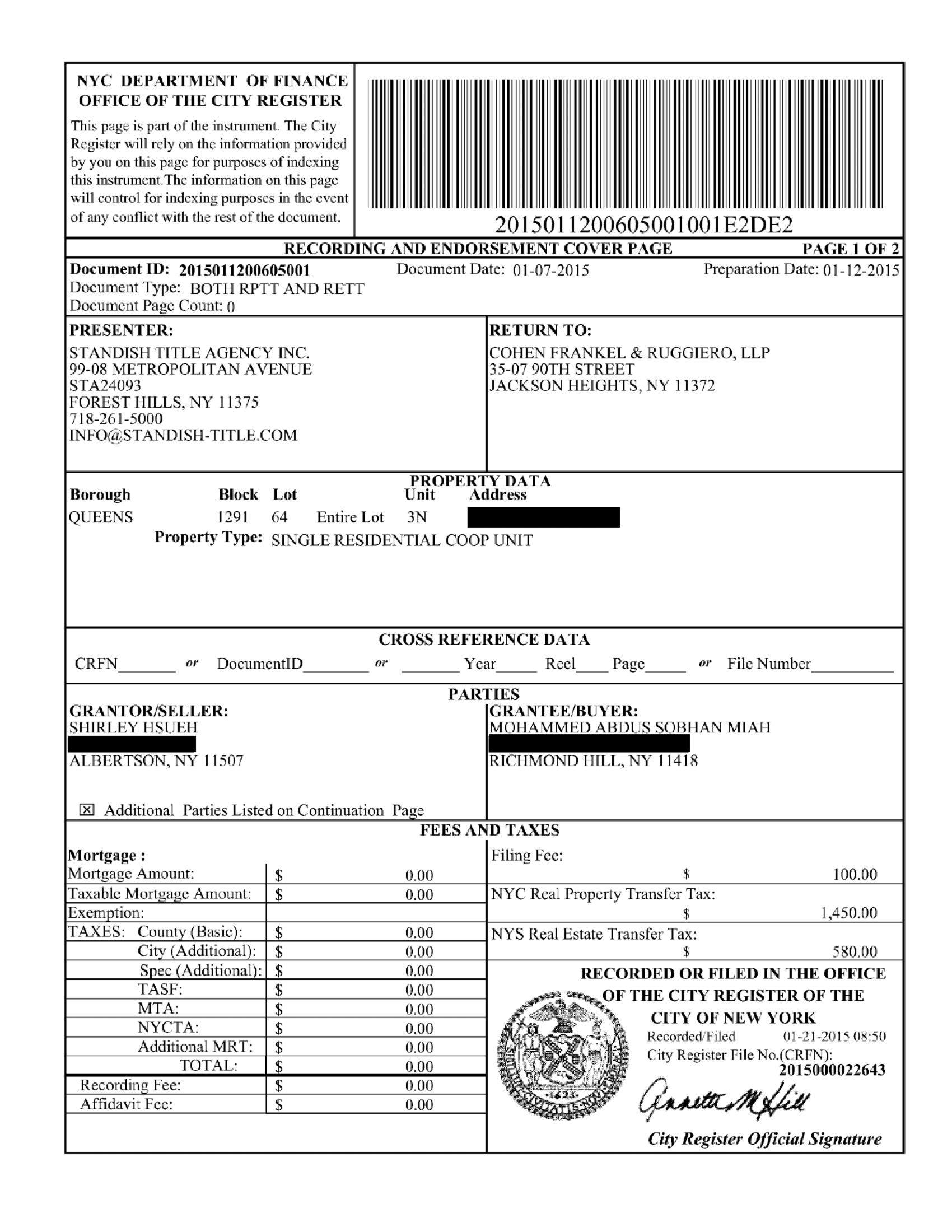

From 2014 to 2018, Mia bought five condominiums in Jackson Heights for a total of about $2.4 million (at that time) in a residence with a doorman, outdoor pool, and covered parking. He also purchased three more apartments for $680,000 in co-op houses in the neighborhood.
As per information from the New York real estate registry, all properties were purchased with cash. Mia's wife, Gulshan Ara Mia, is also listed as their owner.
In December 2019, after becoming a member of parliament and earning a monthly salary of around $647, Mia acquired another Jackson Heights property: a nearly $1.2 million townhouse.
Reporters found out that Mia violated the law when he ran for the Bangladesh parliament.
The most detailed information about Mia's finances is in the asset declaration he completed when he ran for Parliament in 2018.
In Bangladesh, he disclosed a five-story building in the Mirpur district of Dhaka. He stated that the building is worth about $40,000 and generates an annual income of $6,000 through rent. Mia also revealed approximately $336,000 in stocks and other investments, roughly $142,000 in bank deposits, and $32,000 in gold.
According to the document, his wife, Gulshan Ara Mia, earns about $103,000 a year by owning half of the shares in telecommunications company Roots Communication. She also indicated property valued at about $62,500 in the Uttara district of Dhaka, bank deposits of about $203,000, investments of around $737,000, and $32,000 in gold.
Neither the politician himself nor his wife mentioned New York or other offshore assets in the declaration. Rafikul Islam, a former Bangladeshi electoral commissioner, told OCCRP that Mia could get in trouble for not declaring property in New York.
'If it is confirmed that he lied about foreign assets in the declaration, he may lose his seat in parliament. There will be questions for him,' says Islam.
In declarations, candidates include snapshots of assets at the time of completing the document and provide minimal – or no – justification for the funds to purchase them.
However, even if the couple saved up money to buy real estate in New York by 2014, they could not legally withdraw them from Bangladesh. Such transfers are approved by the Central Bank, which considers all applications on an individual basis. Usually, only withdrawals are allowed for student support or treatment – certainly not the purchase of real estate.
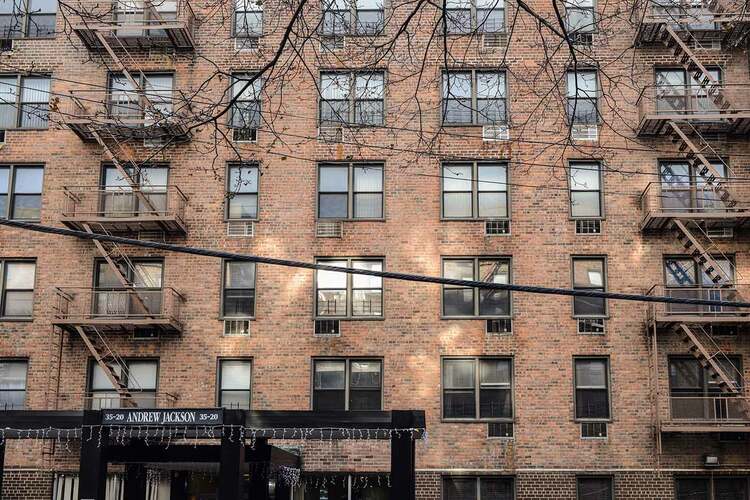
Mohammed Sirajul Islam, who until October 2022 was Bangladesh's central bank spokesman, told reporters in August that a person living and working in Bangladesh would not be allowed to withdraw funds from the country.
'Being in Bangladesh, it is impossible to buy property abroad with money earned in Bangladesh,' he explained, but declined to talk about Mia.
'No one can send money abroad to invest in foreign assets,' Islam emphasized.
Bangladeshi citizens residing in the country are also required to report offshore property or foreign income to the tax authorities. However, Mia's tax return, which he sent to the Bangladesh Electoral Commission, does not list New York assets.
Ross Delston, a Washington-based lawyer and financial crime expert, said the US should pay more attention to cases where PEPs like Mia buy property in the country, as they carry high risks of bribery and other forms of corruption.
Right now, there are a lot of shortcomings in the American financial system. For example, American banks themselves define “politically exposed persons”, and local realtors are not required to comply with anti-money laundering measures.
“There is a reason dirty money from all over the world ends up in the US,” says Delston.
